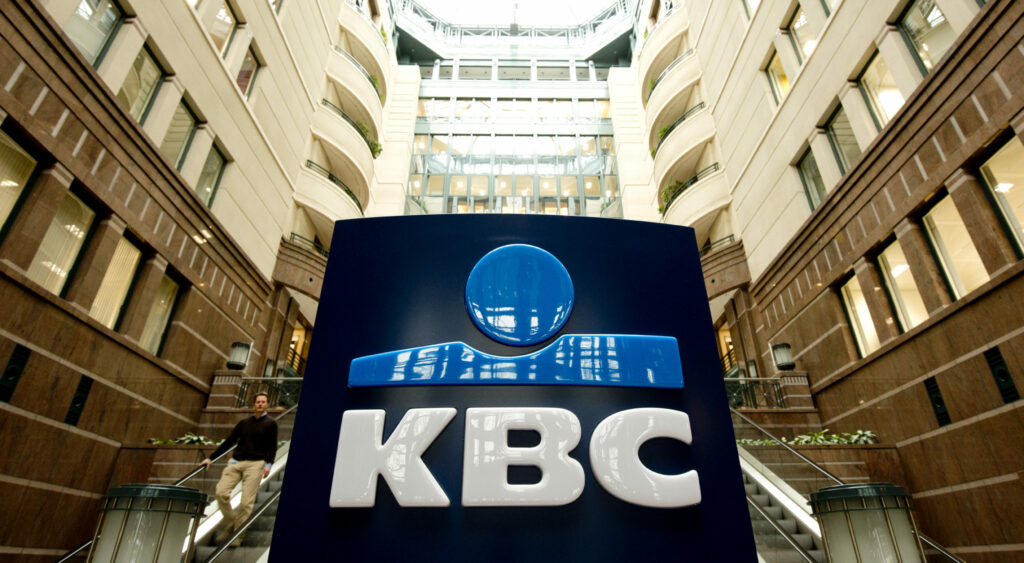KBC bank has regained more customers than it lost when the Belgian State bonds were issued a year ago and has won back an extra €800 million in customer deposits.
In September 2023, Belgium launched a one-year State bond which offered higher interest rates than almost all commercial banks, winning over individual investors who otherwise would have left their money in savings accounts with very low returns. The bond was designed to push banks to increase their interest rates on savings accounts.
Over half a million people subscribed to the one-year "Van Peteghem" bond, named after the outgoing Finance Minister Vincent Van Peteghem. It raised a record €21.896 billion.
When the bonds matured in September 2024, investors were paid back their initial one-year investment plus interest. And whilst a new bond was released, the interest rate was less attractive and banks were vying to win back the almost €22 billion in savings capital. Many offered better interest rates than they had the year before.
Last week, the National Bank of Belgium confirmed that €21.9 billion of the money invested in the one-year State bond has been returned to commercial banks.
A popular choice for savers
KBC confirms that it has gained more customers than it lost when the one-year bond was issued last year.
€6.5 billion core customer money was deposited with KBC (for products such as deposits, savings certificates, funds, insurance, and bonds) after the bond's maturity totalled – more than the €5.7 billion that flowed out of the bank to the State bond last year.
KBC Group CEO Johan Thijs put this down to the bank's "proactive, multi-phased and multi-product customer offering". He said that deposits grew by as much as 5% quarter-on-quarter and 8% year-on-year, showing that the bank had successfully recuperated customer funds.
KBC's profits in the third quarter in Belgium reached €598 million – up 15% on the previous quarter. Total net profit for the KBC Group (which operates mainly in Belgium, the Czech Republic, Slovakia, Hungary and Bulgaria) reached €868 million in the third quarter of 2024. This was a 6% decrease compared to the previous quarter.
The bank's results benefitted from higher net interest income, increased insurance revenues, and higher net fee and commission income "driven by excellent business performance," Thijs said. He noted however that the bank also saw a decrease in trading and fair value income, and a drop in dividend income following a "seasonal peak" in the second quarter.

